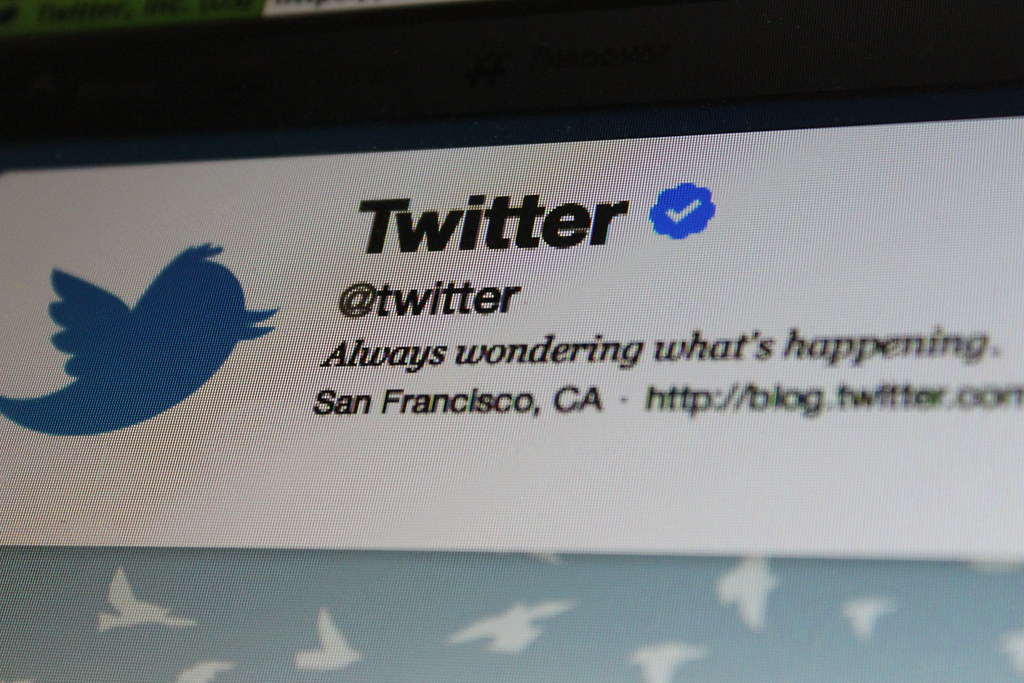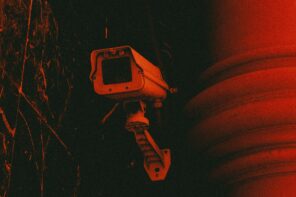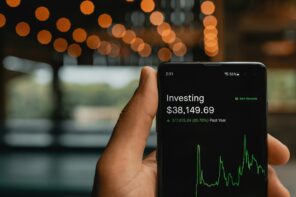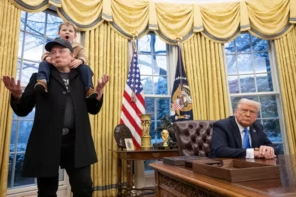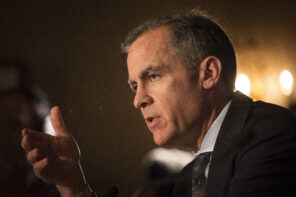The recent Elon Musk-Twitter saga has made it apparent that Twitter, in its present structure, is fundamentally broken. Upon creation, Twitter was intended to be the internet’s town-square – a place where people from all over the world get to have conversations about politics, culture, and the hot issues of the day. It was supposed to be a place where all opinions were allowed, and a place where you could have open, though often not respectful, disagreement. In reality, this isn’t what Twitter actually looks like, but it is what Twitter should be.
On October 27, Musk finally concluded his acquisition of Twitter after months of the deal appearing to be in limbo. Almost immediately, he announced changes in content moderation and in late 2022, began releasing documents of Twitter’s historic content moderation policy to independent columnists. Musk, in his characteristic dramatic fashion, labeled these documents the “Twitter Files”.
For years, conservatives have been complaining that Twitter censors them as a result of a left-wing content moderation team. Before the Twitter Files, these were largely treated as a conspiracy by most of the non-right-wing world, however, we now know that they were correct all along. The most outlandish example of this is Twitter’s censorship of the Hunter Biden laptop story. It was banned from being retweeted, shared, or even private messaged. Internal memos show the political pressures that the Twitter moderation staff succumbed to. Regardless of what you think of the importance of this story, you should be alarmed that the world’s centralized platform for speech censored a news story for political reasons.
Free speech advocates often allude to the fabled public squares of the past yet forget that it is the government that regulated those to ensure that free-speech was preserved.
Now if you were looking for an Elon fanboy piece, you’ve come to the wrong place. Under the current regime, Twitter’s commitment to free speech has not improved, despite Musk declaring that freedom of speech will become the company’s top priority. Under his watch, the account that tracks his private jet’s location using publicly available data has been banned. However, the most shocking example of Musk’s failure to uphold freedom of speech came when he censored a documentary critical of Indian Prime Minister Narendra Modi. On January 25th, reporting from The Intercept revealed that Twitter, at the behest of the Indian government, removed posts that linked to the documentary.
Both of these cases serve as excellent examples of how an unregulated Twitter systemically suppresses freedom of speech for its users. Any company is subject to the biases of the management. This effect is magnified when the inherently subjective topic of content moderation comes into question. This is why an out-of-control leftist moderation board was able to censor a story that hurt their side politically, and this is why an out-of-control billionaire is able to censor whoever hurts his feelings.
In protest of Musk’s takeover, many leftists decided to leave the platform and migrate to other similar networks like Mastodon. There was a similar right-wing migration to platforms like Parler and Truth Social. The problem with these spaces is that they’re echo chambers – communities consisting of only like-minded individuals. Despite all the problems that Twitter has, at least it is a place where these groups are talking to each other and where people are exposed to fresh perspectives. This space is far too important to our society to be subject to the whims of a small group of elites with their own agendas.
Twitter has the potential to be the space for collective conversation, serving as a digital town-square where representatives of all political tribes can come to debate. This centralization of discourse is key to ensuring societal cohesion.
Free speech advocates often allude to the fabled public squares of the past yet forget that it is the government that regulated those to ensure that free-speech was preserved. Many of those advocates, including myself, regard any government regulation of speech with a high degree of suspicion. However, we cannot forget that threats to our liberty do not exclusively come from the government, but corporations, institutions, and society itself. The role of the state is not to regulate our speech, but to ensure that our right to free speech is being respected and upheld in the face of any external threat.
This issue is of critical importance to our rapidly fragmenting society. Twitter has the potential to be the space for collective conversation, serving as a digital town-square where representatives of all political tribes can come to debate. This centralization of discourse is key to ensuring societal cohesion.
I can’t pretend that I have all the ins-and-outs to this highly complicated policy, but I can offer a paradigm that is a good starting point for regulation. I believe that Twitter should be treated as a public utility in the same way that rail and air transport are. Democratic governments should use their existing free-speech laws (i.e. First Amendment, Charter of Rights and Freedoms) as a starting point for laying out guidelines that Twitter, or any other social media company, must follow. The role of this government agency would not be to conduct any enforcement itself, but rather to audit Twitter’s records to ensure that they are operating within the rules.
This proposal is not meant to offer an answer to all of the complexities that come with the regulation of online speech, nor do I envy the policy makers that will be entrusted with crafting that regulation. However, I believe that this paradigm shift is helpful in reframing our popular discussion towards freedom of expression and shifts the power of speech away from the corporate elite that currently control it.

